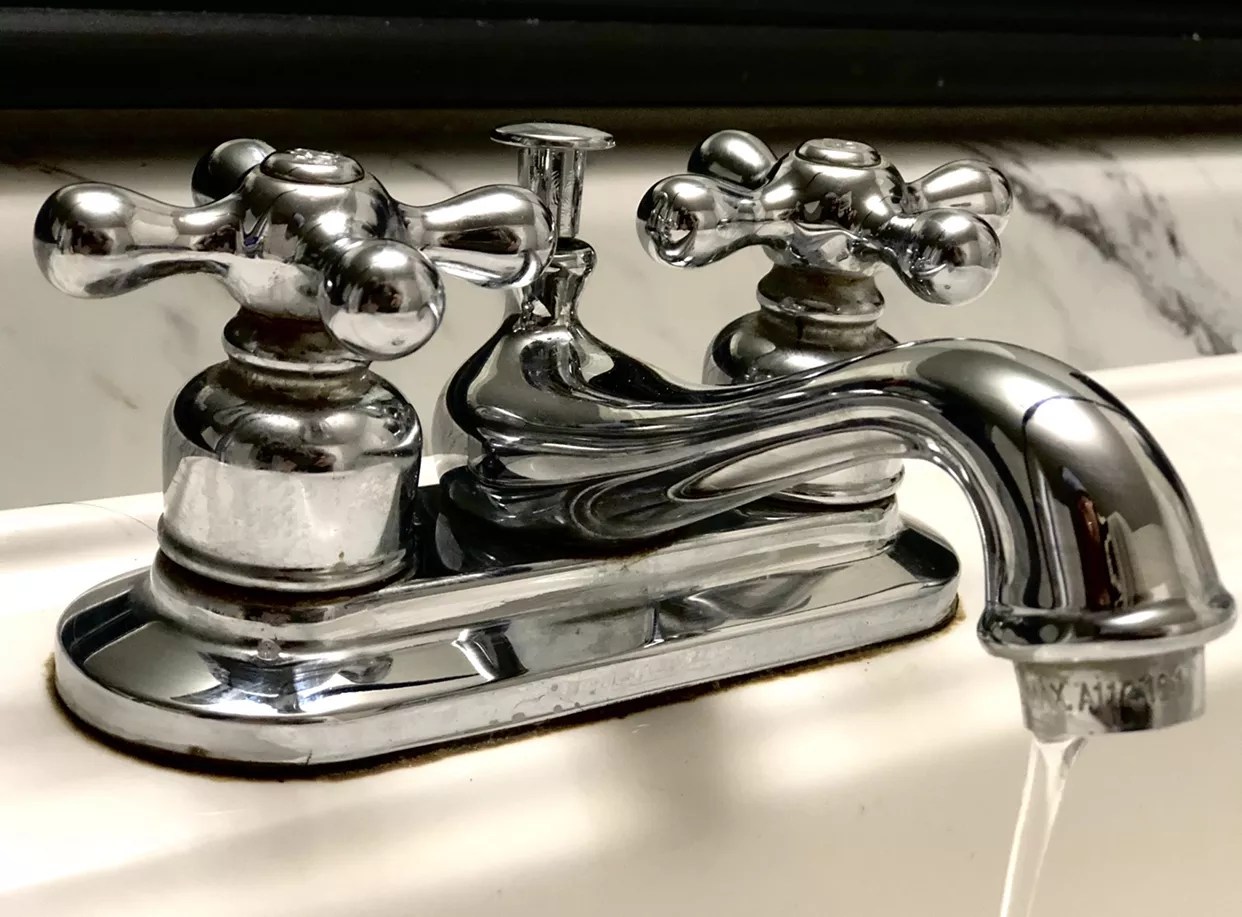
Jacob Vaughn

Audio By Carbonatix
Hotter summers and a burgeoning state population have made Texas’ water supply more important than ever, but groundwater contaminants remain a critical issue for state water authorities to address.
According to the Texas Groundwater Protection Committee’s latest report on contamination zones across the state, cases of contamination are on a slight downward trend, but 252 new cases were recorded across the state in 2023. In total, 2,870 cases are ongoing. Ten years ago, that number was over 3,400 cases.
Gas stations and oil drilling are the leading offenders when it comes to the pollution; subsequently, gasoline, diesel and other petroleum products are the most common contaminants found in Texas’ water.
While groundwater reservoirs currently make up just around half of Texas’ water supply, they are expected to play a bigger role in the coming decades. Officials say that because surface water sources such as rivers and lakes are finite, remedying existing contaminations and managing future groundwater quality are paramount.
“As the state continues to grow we’re relying more and more on our groundwater resources,” Adam Foster, director of the Texas Alliance of Groundwater Districts, told the Texas Tribune.
“Any” amount of contamination in Texas’ groundwater should be “cause for concern,” he said.
Dallas currently obtains water from several area surface reservoirs and does not use any groundwater in its supply. As demand for water in Dallas increases, the city plans to tap into Lake Palestine. A spokesperson for Dallas Water Utilities told the Observer that the Texas Commission on Environmental Quality (TCEQ) – one of the state agencies that documents contamination cases included in the report – has rated Dallas’ water system as superior.
Dozens of ongoing groundwater contamination cases have been recorded in Dallas, the report found, although the County did not see any new cases in 2023. While the contaminations do not impact the city’s water supply, they could pose a problem for the state’s bigger-picture water plan or residents who utilize private wells.
Managing Texas’ Water Supply Plan Better
When Bo Svensson moved to the northern outskirts of Houston, the fact that his home was on well water was a major selling point. It was only after moving in, Svensson told Houston Public Media, that he found out that years before, a nearby dry cleaner had improperly disposed of chemicals that had seeped into the soil. Nearby groundwater wells tested positive for the chemical, tetrachloroethylene (PCE).
(The EPA believes that tetrachloroethylene is likely a human carcinogen, capable of causing cancer.)
“Apparently, a lot of the other neighbors that have been here a long time had heard about it – it was all news to me,” he said. “I don’t want to get sick.”
State policy requires that known groundwater contaminations be remedied and kept “reasonably free of contaminants,” but that can be costly and time-consuming. The contaminated water near Svensson’s home, for instance, has been a federal remediation site for a decade but still has not achieved satisfactory marks for human use.
Because Svensson’s home is outside of the site’s testing radius, he was unable to confirm whether or not the contamination had seeped as far as his home’s water source.
It isn’t uncommon for contamination abatement to drag on, but Texas lawmakers could take a swing at better groundwater management in the 89th Legislative Session. The Texas Water Development Board published a list of legislative priorities last month, signaling that the group will lobby for better groundwater management and long-term funding for water conservation efforts.
Last November, State Representative Cody Harris, who represents Corsicana and Palestine, introduced House Bill 1400 to promote groundwater research, science and funding. In an interview with KLTV, Harris said developing desalination technology and building up the required energy supply for the desalination process will be pivotal for metropolitan areas like Dallas-Fort Worth to keep up with water demand.
“Water is one of the most important but least talked about issues in the state,” Harris said. “DFW, the entire region, is sitting on a literal ocean of brackish or salty groundwater. Right now, they can’t really utilize it because we don’t have enough electricity and the economics don’t work yet to desalinate the water right below their feet.”
Harris also warned that Dallas and other West Texas regions will eventually turn to East Texas cities, like Palestine, to supplement water demand. This is, of course, Dallas’ plan.
Harris’ proposed legislation could get a bump from Texas Governor Greg Abbott, albeit for a different reason. In a conversation hosted by the Dallas Citizens Council last month, the Governor emphasized the importance of Texas taking steps to reinforce water supply. His belief in water’s role in an expanding Texas is rooted in the growing number of rapidly developing data centers and semiconductor plants across the state, which require “tremendous amounts of water.”